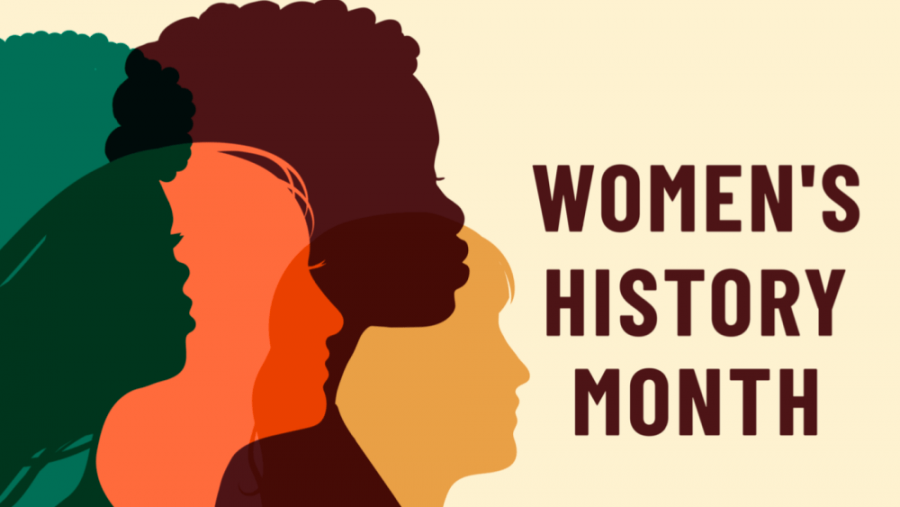Women’s History Month
As Black History Month comes to an end in February, Women’s History Month commences in March. During Black History Month, students learned about Black history by watching the movie “Just Mercy” and hearing from a Black Jewish speaker. Following the film, students flooded the Zoom chat with comments about the movie being both inspirational and enlightening.
Just like Ramaz honored Black History Month by educating its students, Women’s History Month is equally important and should definitely be honored at Ramaz. Women’s history month is a reflection of women’s contributions to society. It is a month dedicated to celebrating women’s achievements throughout history that are often overlooked.
It is imperative that Ramaz honors Women’s History Month, especially since Justice Ruth Bader Ginsburg passed away in 2020. As a young attorney, Ruth Bader Ginsburg brought a groundbreaking gender discrimination case before the United States Supreme Court. I am completely awed by the life of a woman raising a family with her devoted husband while fighting for women’s equal rights and then rising to be Supreme Court Justice. Justice Ginsburg was truly a prominent legal figure, but she was also a wife, a mother, and a grandmother. Many of Justice Ginsburg’s cases were cutting-edge and resulted in changing the standard of equality for women in the workplace in the United States.
In many fields, we mainly hear about the male pioneers of the field and frequently do not acknowledge female pioneers who revolutionized their fields. For instance, when people are asked who the most influential scientists are, most people would say Albert Einstein or Isaac Newton. While I agree that both Einstein and Newton were influential scientists, I think that there are female scientists who should also be considered significant.
Ramaz should teach students about female scientists who deserve equal attention to their male counterparts. In particular, students should learn about female scientists, such as Rosalind Franklin and Florence Nightingale. Franklin discovered the density of DNA and found that the molecule exists in a helix shape; her work was key to the understanding of the molecular structure of DNA. Furthermore, Nightingale was a trailblazer in the field of nursing and created policies about sanitation and accurate medical care. Ramaz should have programming to teach students about women’s advancements in STEM.
It is important for Ramaz students to learn about Women’s History Month to highlight the barriers that females have had to overcome throughout history and acknowledge the barriers which still exist in full gender equality. Additionally, the gender discrimination which females endured during their lifetimes should not influence how we, a generation striving towards gender equality, view those fields.
I hope that Ramaz honors Women’s History Month in the future in such a manner that students obtain more insight into women’s achievements and find the programming to be as eye-opening as that of Black History Month.





